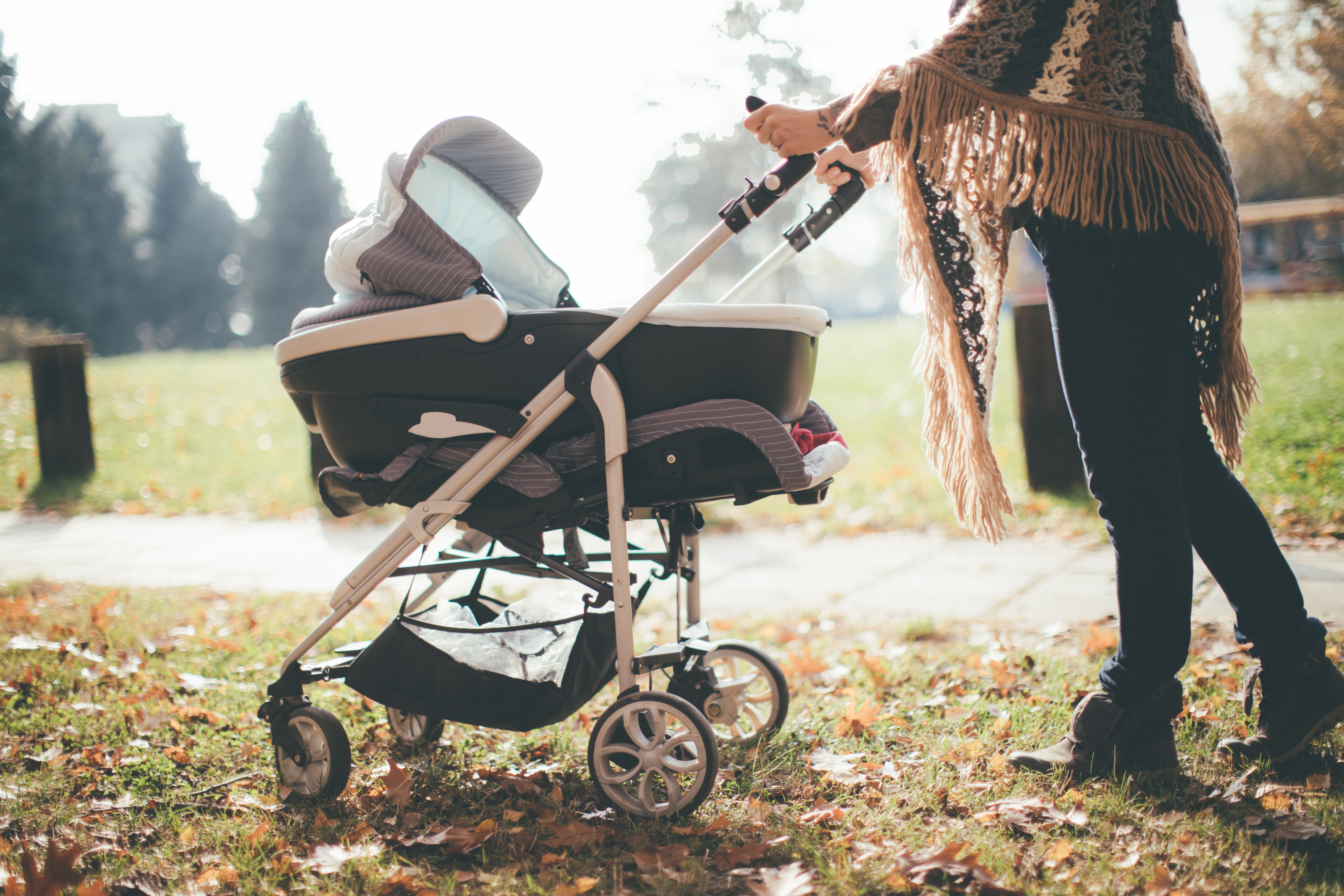Photographing women breastfeeding without permission to be punishable by up to two years in jail
‘Breast pests can now be stopped,’ says Stella Creasy

Photographing a woman who is breastfeeding without her permission will be punishable by up to two years in prison under new measures announced by the government.
The government tabled amendments to the Police, Crime, Sentencing and Courts Bill on Tuesday that creates a new breastfeeding voyeurism offence for taking photos or video footage.
Instances where the photographer is trying to gain sexual gratification, or cause the breastfeeding woman “humiliation, distress or alarm” will be outlawed.
Domestic abuse victims will also be granted extra time to come forward to the police to report incidents of common assault or battery their partners have perpetrated against them.
Present rules mean there is a six-month time limit for domestic abuse victims to report their partner’s physical violence to the police but this will now be extended to two years.
“In domestic abuse cases, there are obvious and serious reasons why victims may take more time to report the abuse to the police, especially where there is an ongoing abusive relationship.”
It comes after MPs tabled an amendment to the policing bill, shared exclusively with The Independent in May last year, which called for domestic abuse survivors to be able to report abuse up to two years after the offence took place.
MPs said at the time that the government should urgently extend the “unjust” six-month time limit for domestic abuse victims to report domestic physical violence to the police.
Labour MP Yvette Cooper previously told The Independent the current deadline to report means survivors are “being badly let down”.
Ms Cooper said: “Too many domestic abuse cases are currently not prosecuted because they are timed out by a six-month limit on common assault prosecutions.
“But unlike with other crimes, in domestic abuse cases, there are obvious and serious reasons why victims may take more time to report the abuse to the police, especially where there is an ongoing abusive relationship.
“This means many women who do find the courage to come forward and report these incidents are being badly let down because time has run out and the perpetrator is never charged. That can leave victims feeling more vulnerable than ever, while the perpetrators go on to commit more crimes.”
Commenting the proposed law change, Nicole Jacobs, the Domestic Abuse Commissioner, said she “strongly welcomes” the new measures.
She added: “It is important that all domestic abuse victims have the time and opportunity to report to the police. This is especially important following Covid restrictions, when many victims faced additional challenges to seeking help and reporting domestic abuse.
“I want to see increased prosecutions for domestic abuse, and hope to see that as these measures remove another barrier to bringing perpetrators to justice.”
An average of between two and three women are murdered each week by their partners or ex-partners in England and Wales, while one in four women will suffer domestic abuse at some point during their lives. A woman will try to leave a violent partner an average of seven times before eventually managing to flee.
Stella Creasy, the Labour MP for Walthamstow, celebrated the fact taking a photo of breastfeeding women without permission was set to become a crime.
Ms Creasy, who has been campaigning for photos of breastfeeding to be outlawed, told The Independent: “That breast pests can now be stopped is testament to the hard work of campaigner Julia Cooper, Jeff Smith MP, Baroness Helene Hayman and Lord Pannick.
“We all worked across both the Lords and Commons to make the government listen to our call for change.”
It comes after Ms Creasy previously spoke out about being photographed while breastfeeding her four-month-old on a train near Highbury and Islington in north London.
The Police, Crime, Sentencing and Courts Bill is a highly controversial piece of legislation that has been widely criticised for rolling back human rights.
Critics argue the wide-ranging bill includes a vast range of oppressive powers, including cracking down on citizens’ right to protest as well as compounding the problems of over-policing and the criminalisation of marginalised communities.
Priti Patel, the home secretary, has insisted the new bill is needed to “rebalance the justice system” in favour of victims of crime.


Join our commenting forum
Join thought-provoking conversations, follow other Independent readers and see their replies
38Comments